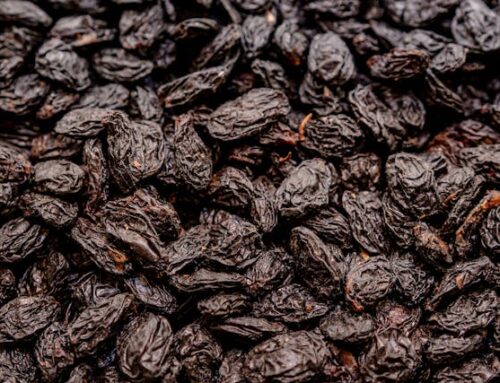 Fermented vegetables are made through a process called lacto-fermentation. In this process, bacteria are introduced to the vegetables. When in contact, the bacteria kill off the pathogens (harmful bacteria) from within the vegetables and convert the sugar and starch into lactic acid. The fermenting process helps preserve the vegetables for longer periods of time. Not only that, but it introduces probiotics and vitamins into the vegetables. This process causes the healthy vegetables to become healthier.
Fermented vegetables are made through a process called lacto-fermentation. In this process, bacteria are introduced to the vegetables. When in contact, the bacteria kill off the pathogens (harmful bacteria) from within the vegetables and convert the sugar and starch into lactic acid. The fermenting process helps preserve the vegetables for longer periods of time. Not only that, but it introduces probiotics and vitamins into the vegetables. This process causes the healthy vegetables to become healthier.
What are the benefits of eating fermented vegetables? Fermented vegetables introduce beneficial bacteria into the digestive system which helps in digestion. The probiotics formed in the fermentation process help improve the immune system against harmful bacteria and certain diseases.
Fermented vegetables help digest other foods as well, therefore you will not need extra supplements and vitamins to absorb the essential nutrients. A good way to introduce fermented vegetables into your diet would be to add a serving of them to lunch or dinner, or simply add fermented pickles to your favorite dish.
You can easily make fermented vegetables at home. To make fermented vegetables at home, simply submerge the vegetables in a salty brine. That kills off the harmful bacteria from within it while the useful bacteria break down the starch in the vegetables to create lactic acid. The lactic acid then helps to promote digestion.
Popular Fermented Vegetables
A spicy fermented cabbage known as Kimchi provides loads of probiotics to the body. It helps lower cholesterol, strengthen the immune system, and give you healthy skin. Kimchi helps maintain homeostasis due to its anti-aging and anti-oxidative properties.
Sauerkraut, another fermented vegetable, provides your body with fiber, Vitamin C, and Vitamin K. It helps protect against infections and fights toxins that are inside the body. Another surprising benefit of Sauerkraut is that it helps to improve memory.
Gundruk, a fermented vegetable, supplies your body with high amounts of lactic acid, ascorbic acid, and dietary fiber. The main focus of this fermented vegetable is to aid in digestion. Gundruk also has an anticarcinogenic effect in your body. This means that it counters the effects of carcinogen, preventing the development of cancer in the body.
There are many other options and a variety of recipes to make your own fermented vegetables at home. In addition, you can purchase many of these items from your local grocery store already fermented. I hope you enjoy adding some of these onto your plates. Try several different kinds to see which you like the best.






